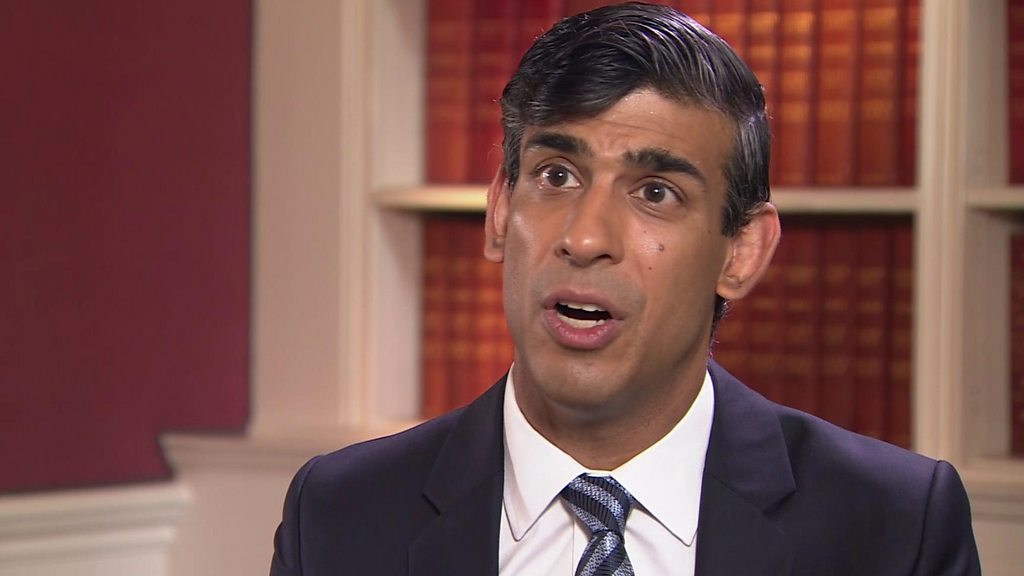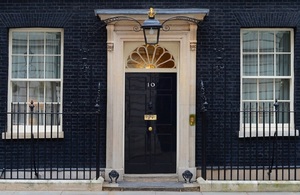Carbon pricing in space heating
RAP has just published a report on "The role of carbon pricing in a comprehensive policy framework to decarbonise the EU buildings sector".
To read the full 55 page report, written by Samuel Thomas, Louise Sunderland and Marion Santini, see Pricing is just the Icing.
You may not have time to read the whole report, so a summary of the key phrases is included here:
- It makes the case for the ... measured introduction of carbon pricing
- Subsidy programmes will have to stop supporting fossil fuel burning, such as fossil gas boilers
- Energy prices should reflect environmental costs and send the right signals to consumers
- Rebalancing the prices of the fuels used for space heating, through a fair distribution of taxes and levies, is important in order to send the right signals to the market and the heating supply chain
- Relying on carbon pricing ... to drive building decarbonisation would be harmful .... without regulatory and supporting policy
There is an important section which summarises the:
Options for heat decarbonisation
Not many technologies can produce zero-carbon heat. Scaling up the installation of electrically powered heat pumps is the key solution for the next decade and beyond.
Heat pumps are more than three times as efficient as gas and oil boilers and can be installed in individual buildings or on an industrial scale as part of heat networks. As the electricity grid decarbonises, the carbon footprint of buildings will decline further.
Deep geothermal technologies have the potential to work alongside heat pumps in decarbonising and expanding district heating networks.
Solar thermal technologies can also play a key role in the provision of zero-carbon hot water, reducing the draw of buildings on energy networks, both as a stand-alone systems and when integrated with other decarbonisation technologies.
Sustainable bioenergy sources also have a limited role to play. They can be combusted as biomass, biogas or hydrogen, but their use in the production of low-temperature heat in a zero-carbon future is limited by their availability and their impact on local air quality through fine particulate emissions.
Hydrogen's role in providing heat to buildings is also likely to be limited to its use in power generation to meet peak demand on cold, windless, dark winter days, given the relative costs of producing it using zero-carbon electricity. There are many other competing uses for zero-carbon hydrogen with even fewer available options. These include feedstock for industrial processes, high-temperature industrial heat and long-distance travel.
Skewing the economics of space heating

The taxes and levies on electricity fundamentally skews the economics of space heating away from electrification – when we would like people to invest in electrically powered heating.
The graph illustrates the disparities between gas and electricity taxes and levies across Europe in 2020.
In Denmark and Germany, electricity is subject to taxes and levies that are more than 14 euro cents per kWh higher than those on gas.
The ratio was highest in the UK, where electricity is subject to taxes and levies that are 15 times those placed on gas; in Luxembourg the ratio is 12, and in Germany 10.
Across Europe, only the Netherlands places a smaller tax burden on electricity than on gas.
The largest heat pump market in Europe
The largest heat pump market is France, which has both a carbon tax and a set of support programmes to drive demand, including a focused approach towards renovating low-income housing.
The impact of subsidy can be observed in the German market. A new subsidy scheme aimed at encouraging the replacement of fossil heating with heat pumps led to a 40% increase in sales in 2020. The introduction of a CO2 price at the beginning of 2021 is expected to drive market development further.
Time for the Chancellor to reduce taxes on electricity to allow heat pump installations in the UK

The Chancellor urgently needs to take action to reduce taxes on electricity to allow heat pump installations. It is currently economic for the government for heat pumps to be installed, but uneconomic for the individuals who install them.
The government can cure this imbalance by reducing the inappropriate "environmental levies" on electricity – and transferring these to gas to discourage the burning of further fossil fuels.
See Ground Source Heating See Ground Source Cooling See Ground Source Energy

